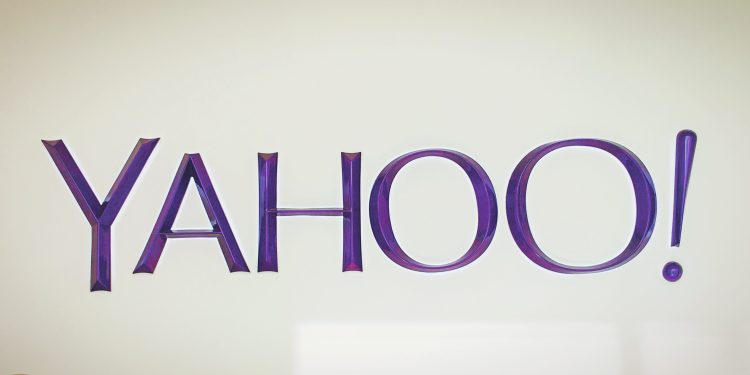Yahoo’s 20-plus year tenure as an independent company is no more, with news that it has been acquired by Verizon for $4.83 billion.
Word spread over the weekend about the pending deal, but now it’s official. As part of the acquisition, Yahoo will be integrated with AOL under Marni Walden, Verizon’s EVP and president of product innovation and new business organization.
“Just over a year ago, we acquired AOL to enhance our strategy of providing a cross-screen connection for consumers, creators and advertisers,” said Lowell McAdam, Verizon chairman and CEO, in a press release. “The acquisition of Yahoo will put Verizon in a highly competitive position as a top global mobile media company, and help accelerate our revenue stream in digital advertising.”
Verizon’s victory
The selection of Verizon wasn’t exactly a surprise, as it had always been the presumptive front-runner in the bid to purchase the once-mighty search engine company.
Near the beginning of the year, Yahoo announced that it was implementing an “aggressive strategic plan,” having exhausted all attempts at a successful turnaround. After four years of leadership under CEO Marissa Mayer, shareholders had lost patience, which led to their ultimately putting the company on the market for interested buyers.
To be fair, Yahoo had been on shaky ground long before Mayer took the helm, with previous CEOs implementing layoff after layoff to reduce costs. The company, which once had a peak market capitalization of $128 billion — more than twice that of the Walt Disney Co — was unable to find its way back to its former glory. But now, its core business is believed by many to be practically worthless, with most of Yahoo’s current value in its Alibaba and Yahoo Japan holdings.
It’s this that sealed Yahoo’s, and subsequently Mayer’s, fates. In 2015, Mayer reversed course and decided not to spin the company’s Alibaba holdings into a standalone firm called Aabaco Holdings. Soon after, activist hedge fund Starboard Value threatened to wage a shareholder battle, before eventually negotiating a takeover of four board seats.
Over the past few months, Yahoo has entertained a number of possible suitors for its core business. And while Verizon had been the odds-on favorite, other bidders included private equity firm TPG, a group of investors led by Quicken Loans’ Dan Gilbert, and AT&T. Some had even claimed that Yellow Pages parent company YP, as well as Time and Daily Mail, were interested in the tech giant.
Yahoo’s board formed an independent panel to explore options and engaged bankers Goldman Sachs, J.P. Morgan, and PJT as financial advisors, along with Cravath, Swaine & Moore LLP, as the company’s legal advisor.
The deal, which is still subject to approval by Yahoo’s shareholders, along with the usual regulatory approvals, is expected to close in early 2017.
It’s worth noting here that the sale doesn’t include Yahoo’s cash, as all net cash will be returned to shareholders with a “specific capital return strategy” to be announced later. The deal also doesn’t include Yahoo’s substantial shareholdings in Alibaba, Yahoo Japan, or its convertible notes, non-core patents, and other minority investments, all of which will still be held by Yahoo, though under an as-yet undisclosed new name, and which will become a publicly traded investment company.
“The sale of our operating business, which effectively separates our Asian asset equity stakes, is an important step in our plan to unlock shareholder value for Yahoo,” said Yahoo CEO Marissa Mayer in the announcement.
In terms of what happens to Mayer next, well, speculation had suggested the Yahoo chief would be given a $57 million severance, but in the wake of the acquisition news today, she issued a statement that said she would be hanging around “to see Yahoo into its next chapter.” That could mean for the long haul, but then again it suggests that she’s only staying on until the conclusion of the acquisition in early 2017.
As news of the acquisition started to emerge, Yahoo’s shares rose 1.36 percent to almost $40 in pre-market trading. This was the company’s highest in around a year, though still way down from the $100-plus share price Yahoo enjoyed back in its heyday. Verizon’s stock went up by 1.32 percent in early market trading, though its stock had already been steadily growing in recent months.


